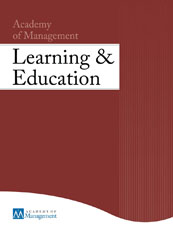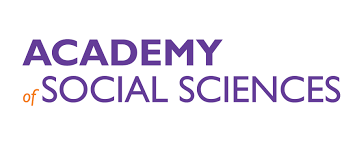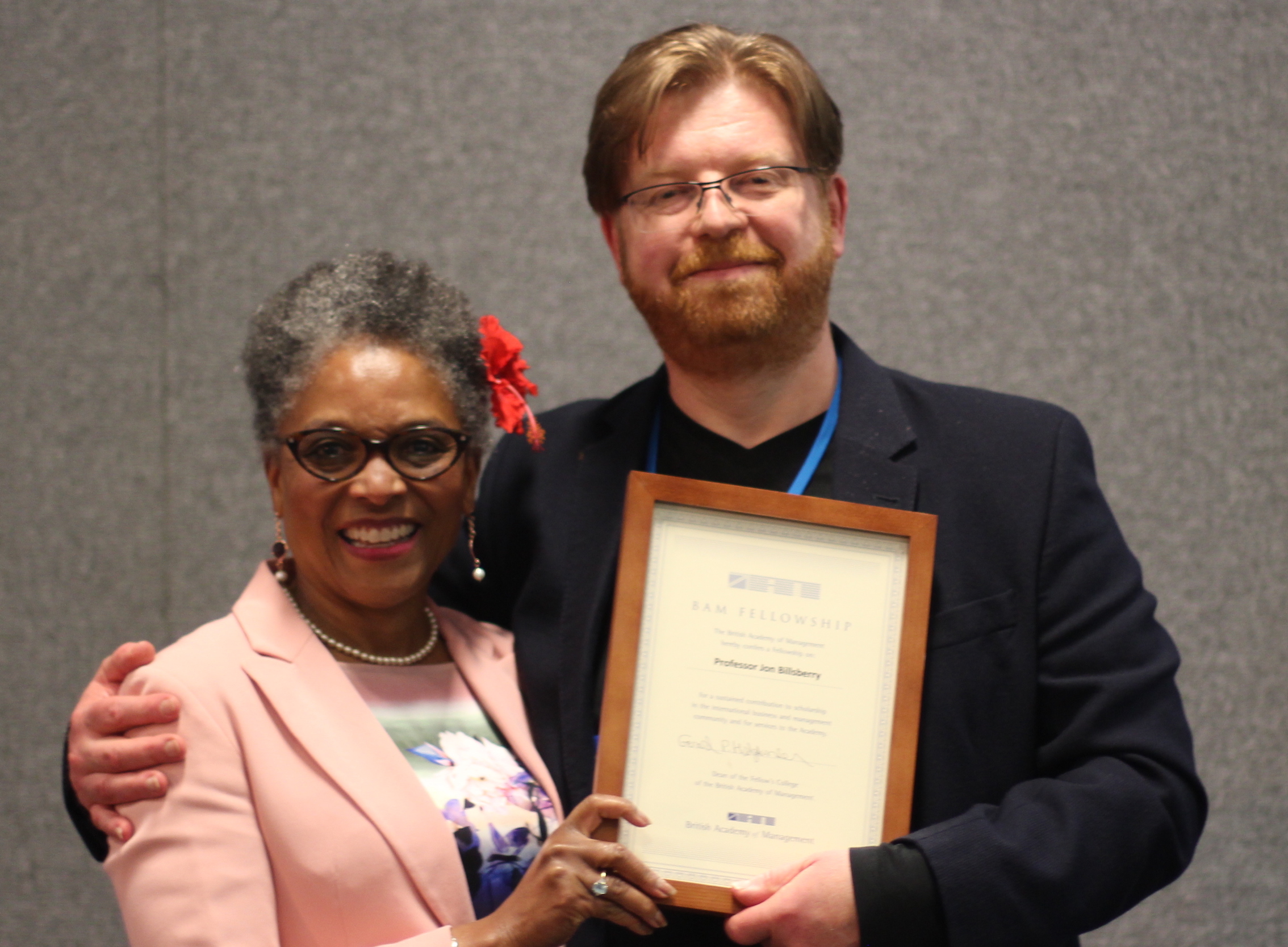 Academy of Management Learning & Education Essay Published
Academy of Management Learning & Education Essay Published
Just before Christmas 2019, our paper on phenomenographic approaches to management education was published in Academy of Management Learning & Education (AMLE); the world's leading journal for management education.
Title: Toward a non-essentialist approach to management education: Philosophical underpinnings from phenomenography
Authors: Jon Billsberry, Veronique Ambrosini, Mariano Garrido-Lopez, and David Stiles
Abstract: The classic approach to management education is managercentric and assumes an essential nature to management. Drawing on ideas from interpretivist epistemologies, the social construction of leadership, phenomenography, and variation theory, we discuss the implications for management education of taking a non-essentialist approach and regarding the nature of management as unknown and unknowable. We focus on phenomenography for two reasons: First, when applied to the task of defining management, it is built on interpretivist roots where the knowledge and understanding of the observer is paramount. Second, it is also a theory of learning with direct application to management research and teaching. Building on these insights, we highlight the importance of students becoming active investigators of management and offer practical teaching implications on how students might be encouraged to engage in experiences that identify variations in the ways that management is conceptualized and performed. We also consider how such an approach brings a fresh perspective on what management education is about, the role of the educator, and how it informs the ongoing debates relating to the institutional pressures that business schools face.





